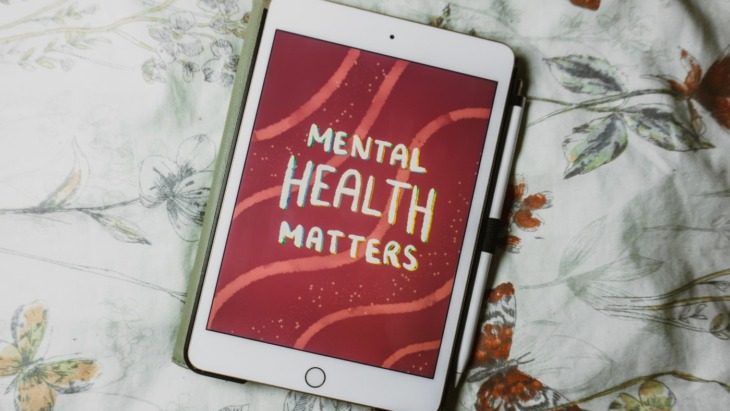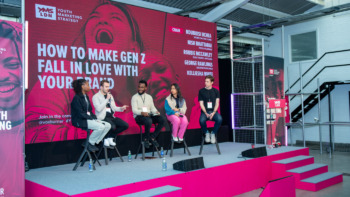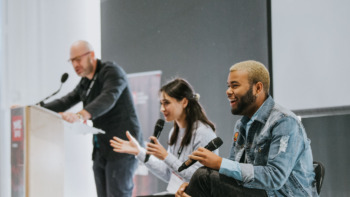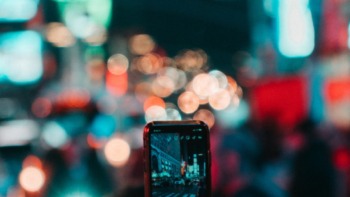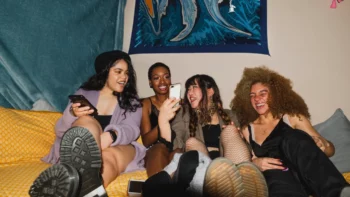In light of recent reports surrounding Simone Biles’ withdrawal from the women’s all-around gymnastics final at the Tokyo Olympics, we’re shining a light on Gen Zs’ relationship with mental health – and how brands can help break down the long-standing taboo surrounding this prevalent topic.
Mental health awareness has come a long way over the last few years, but has escalated massively in the last 16 months alone. The stress and uncertainty triggered by the COVID-19 pandemic has seen a rise in anxiety, depression and other mental health illnesses diagnosed across all generations. On the other hand, this has also meant an increase in awareness – again, and importantly, across all generations.
But it is young people that have been at the helm of mental health awareness. As the most diverse and culturally-minded generation to date, Gen Z are heavily involved in the conversation – and you should be, too.
Here, we explore the Gen Z role models taking a stand against the stigma around mental health, and the brands who are doing their bit for mental health awareness – as well as the best measures your brand can take to ensure you’re making the right impression with young consumers.
The ongoing battle
It’s no secret that Gen Zs are advocates of mental health awareness. A survey conducted by the Harvard Business Review shows that half of Gen Zs and Millennials view their mental health as their first or second priority in general life – with only physical health ranking higher in some instances. The same survey also revealed that 48% of Gen Zs feel anxious or stressed all or most of the time – showing the need for widespread mental health awareness, consideration and understanding.
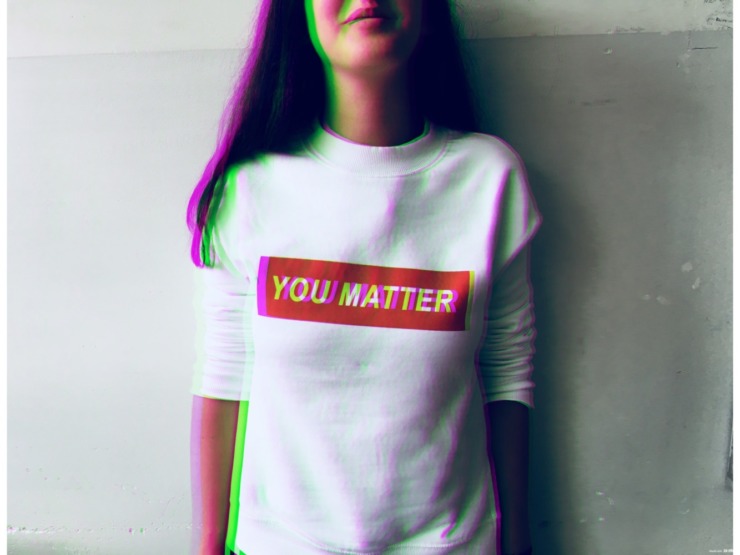
The pandemic has certainly caused changes to mental health. Our survey revealed that a large majority of 16-24s felt their health has been impacted by the pandemic, with 68% saying it has made them more anxious or depressed. At the same time, the pandemic has also raised more awareness around these issues – and Gen Z students are leading the conversation.
The Gen Z role models
Just two weeks ago, 24-year-old Simone Biles left the Tokyo Olympic gymnasium before competing, due to mental health concerns. As a strong-minded, powerful Olympic athlete, it was certainly a surprise to spectators – but nonetheless an eye-opener to us all. Simone’s actions show that anyone’s mental health can be negatively impacted. US surfing gold medallist, Clarisse Moore response says it all: “We are all human, and we all go through the exact same things – and I can only imagine the immense amount of pressure Simone is under”.
Simone felt empowered enough to put her mental health first – and to Gen Zs, this shows the same level of fight, strength and determination as winning an Olympic gold medal.
View this post on Instagram
Another athlete taking center stage in the battle for mental health awareness is 23-year-old tennis star Naomi Osaka, who announced earlier this year that she would not take part in mandatory press conferences ahead of the French open in order to protect her mental health. She later withdrew from the tournament, saying: “I am not a natural public speaker and get huge waves of anxiety before I speak to the world’s media…I’m gonna take some time away from the court now, but when the time is right, I really want to work with the Tour to discuss ways we can make things better for the players, press, and fans.”
Naomi has been instrumental in jump-starting conversations around mental health awareness within sports and all walks of life. Her inspiring actions have led to the creation of a Netflix documentary titled ‘Playing by her own rules’, which shines a light on Naomi’s personal struggles and how her experience has played a role in the choices she has made.
“It’s OK to not be OK, and it’s OK to talk about it.” – Naomi Osaka wrote in a July article for Time.
View this post on Instagram
It’s not just the sporting industry taking a leap in mental health awareness. 19-year-old singer and songwriter, Billie Eilish, is another high profile Gen Z that has spoken out about her struggles with depression. “For my whole life, I’ve kind of always been a melancholy person,” she said in an interview with Zane Lowe. In the same breath, Billie highlights the distinguishing factor that separates Gen Zs from their older counterparts – that speaking out is the key to healing within. “Songs about being depressed or suicidal or completely just against-yourself – some adults think that’s bad, but I feel that seeing that someone else feels just as horrible as you do is a comfort. It’s a good feeling.”
How brands can take a stand
As a brand, showing your support for mental health awareness is crucial if you’re to make the right impression with Gen Z consumers. The common phrase ‘actions speak louder than words’ is a good place to start – to show that you are really committed to making a change.
Social Goods, a company formed with a mission to encourage consumers to start conversations surrounding important issues, released a collection of tees during Mental Health Awareness Month. The sales of the ‘I Believe in You’ and ‘Speak Up’ collections benefitted non-profit organization, The Jed Foundation, which helps protect the mental health of teens and young adults.
View this post on Instagram
Rare beauty took steps to educate its following on mental health awareness with its #MentalHealth101 campaign. Throughout Mental Health Awareness Month, the brand released stat on mental health, sought the help of experts within the field to take over their platform and post videos on different branches of the subject, and they encouraged listeners to donate to the Rare Impact Fund – which aims to help people receive access to mental health services.
Social media is the perfect platform to raise awareness and show support. Brands like ASOS have created a safe space on their Instagram, referred to as a ‘judgement free zone’ in their bio, which heavily promotes the message that ‘no one size fits all’.
It is also important for brands to consider mental health awareness internally, too – in other words, practice what you preach. As more Gen Zs enter the workplace, they will have very justified expectations when it comes to how businesses approach employee wellness. Here at Student Beans, we are committed to supporting our employees’ mental and physical well being as much as we can. Our wellness programs and access to mental health advice and counselling have been effective in breaking down the stigma and building confidence in our employees. Installing measures like these are just some of the ways your brand can instill confidence into your current and future employees.
Our mission here at Student Beans is to empower students to thrive – contact us today to find out how your brand can be part of the narrative.


